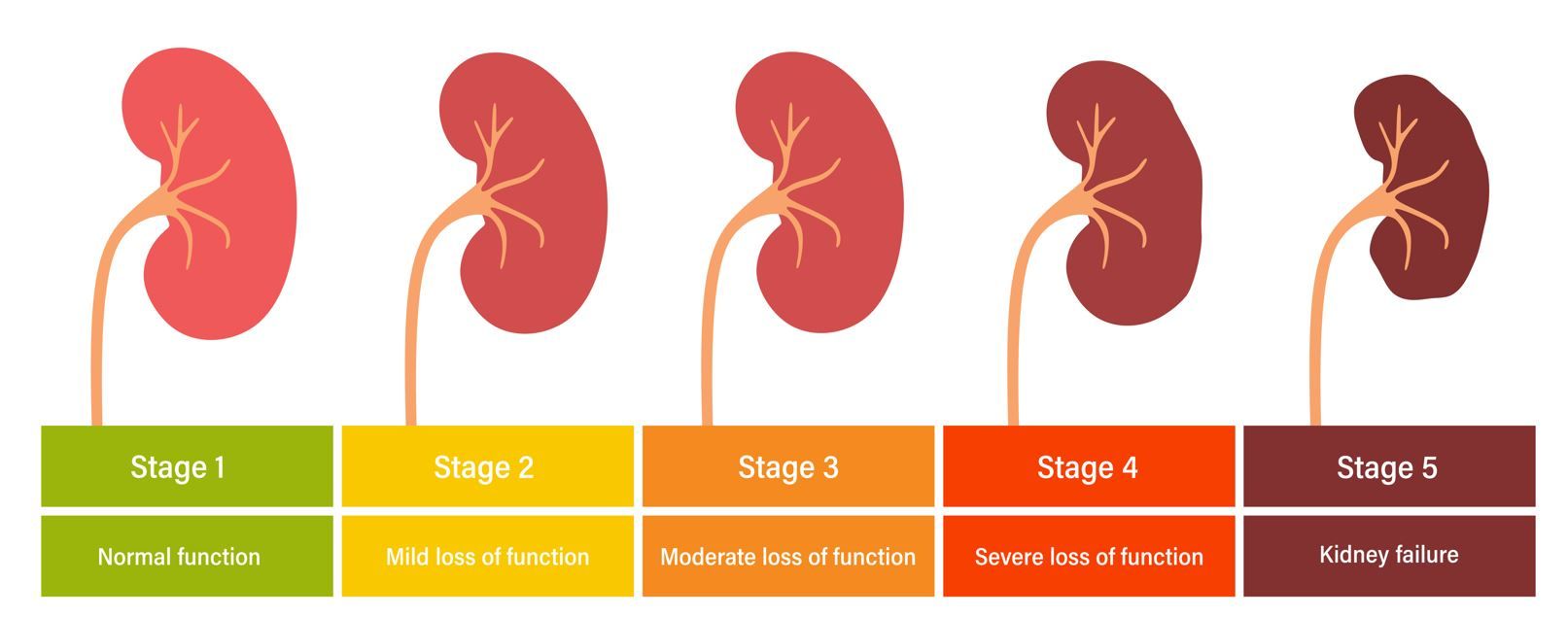- Clinical Technology
- Adult Immunization
- Hepatology
- Pediatric Immunization
- Screening
- Psychiatry
- Allergy
- Women's Health
- Cardiology
- Pediatrics
- Dermatology
- Endocrinology
- Pain Management
- Gastroenterology
- Infectious Disease
- Obesity Medicine
- Rheumatology
- Nephrology
- Neurology
- Pulmonology
Finerenone Slows CKD Progression Across Disease Spectrum, According to New Analysis
Finerenone was associated with a 20% lower risk of end-stage kidney disease among patients with T2D and CKD, according to authors of the FIDELITY analysis.
©pikovit/stock.adobe.com

The nonsteroidal, selective mineralocorticoid receptor antagonist finerenone was associated with a 20% lower risk of end-stage kidney disease among patients with both type 2 diabetes (T2D) and chronic kidney disease (CKD), according to data presented at the American Society of Nephrology’s Kidney Week 2021.
The findings, from FIDELITY, a prespecified meta-analysis of the phase 3 FIDELIO-DKD and FIGARO-DKD trials of finerenone, also demonstrated reductions in all nonfatal endpoints in the composite kidney outcome.
The FIDELITY analysis was preplanned to evaluate the safety and efficacy of finerenone across the broad spectrum of disease severity in patients with CKD and T2D enrolled in FIGARO-DKD and FIDELIO-DKD. Inclusion criteria for both trials were diagnosis of T2D and presence of CKD, defined as urine albumin-to-creatinine ratio (UACR) ≥30 to <300 mg/g and eGFR of 25-90 mL/min/1.73 m2 or UACR of ≥300 to ≤5000 mg/g and eGFR ≥25 mL/min/1.73 m2. Patients were also required to be treated with optimized RAAS blockade.
Of primary interest to the FIDELITY investigators, led by George Bakris, MD, Department of Medicine, University of Chicago Medicine Infectious Diseases & Global Health, were a composite kidney outcome of time to first onset of kidney failure, defined as end-stage kidney disease (ESKD [chronic dialysis or kidney transplant]) or sustained eGFR <15 mL/min/1.73 m2, sustained ≥57% decrease in eGFR from baseline over 4 weeks or more, or renal death.
The combined FIDELIO-DKD and FIGARO-DKD cohort of 13 206 patients was followed for a median of 3 years. Bakris et al report that use of finerenone was associated with a 23% reduction in risk of the composite kidney outcome (hazard ratio [HR], 0.77 [95% CI, 0.67-0.88]; P=.0002), with consistent benefits observed across baseline subgroups for eGFR (Pinteraction=.62) and UACR (Pinteraction=.67). Additional analysis revealed that, compared with placebo, finerenone led to a nominally significant reduction in incidence of all nonfatal components of the composite renal outcome, notably a 20% reduction in ESKD (HR, 0.80 [95% CI, 0.64-0.99]; P=.04).
After an initial drop in eGFR in finerenone-treated patients vs placebo (LS mean change in eGFR slope from baseline to month 4, –3.3 vs –1.0 mL/min/1.73 m2) the drug was associated with reduced long-term eFGR decline (LS mean change in eGFR slope from month 4 onwards, –2.5 vs –3.7 mL/min/1.73 m2/year).
The researchers report that the incidence of adverse events was comparable between finerenone-vs placebo-treated patients. The incidence of permanent discontinuation due to hyperkalemia in finerenone patients with eGFR <60 mL/min/1.73 m2 was 2.4% vs 0.8% with placebo. Among those with an eGFR ≥60 mL/min/1.73 m2, rate of discontinuation due to hyperkalemia was 0.6% among finerenone users and 0.3% among placebo recipients.
Bakris and colleagues call the kidney benefits and safety of finerenone seen in FIDELITY robust and note the effect across the spectrum of CKD severity.
Reference: Bakris G, Ruilope LM, Ankder SD, et al. Finerenone and kidney outcomes in patients with CKD and T2D: results from FIDELITY. Paper presented at Kidney Week 2021, held virtually November 2 - 7, 2021.
